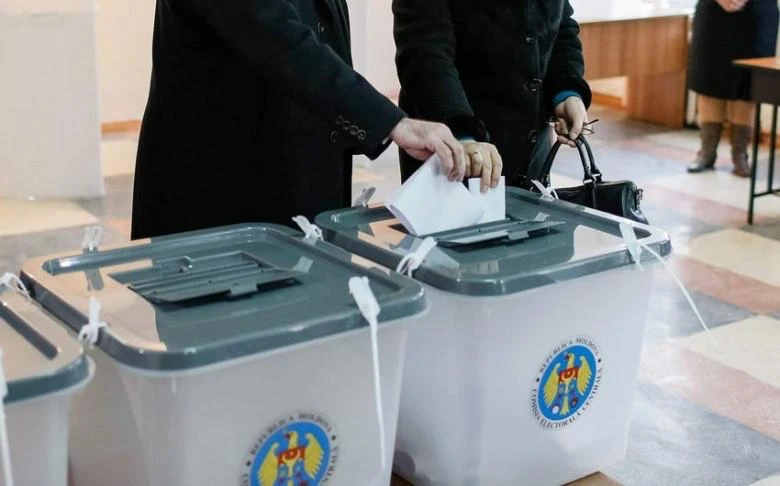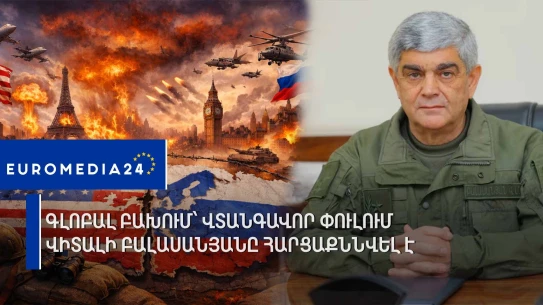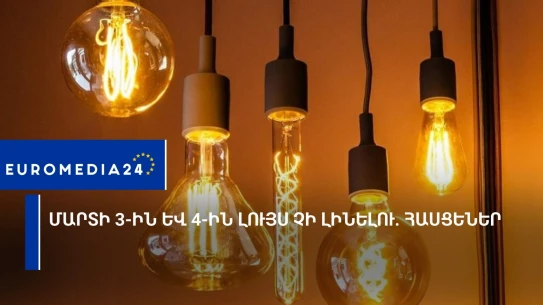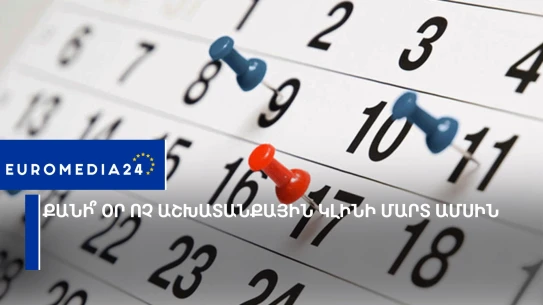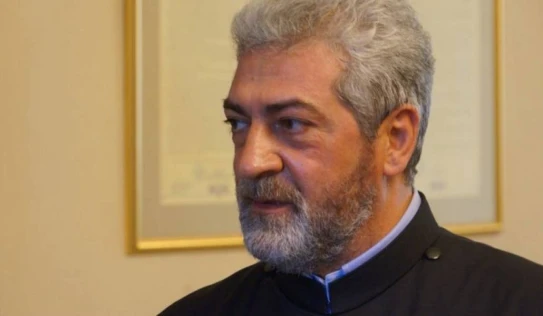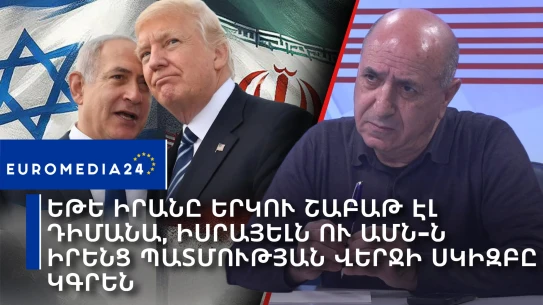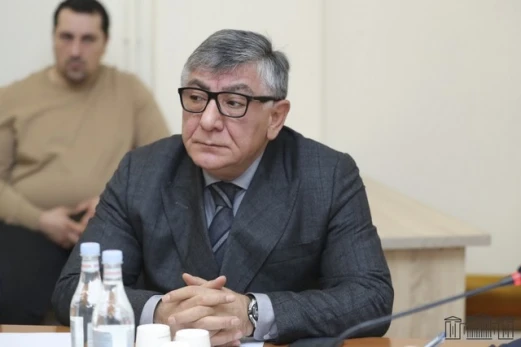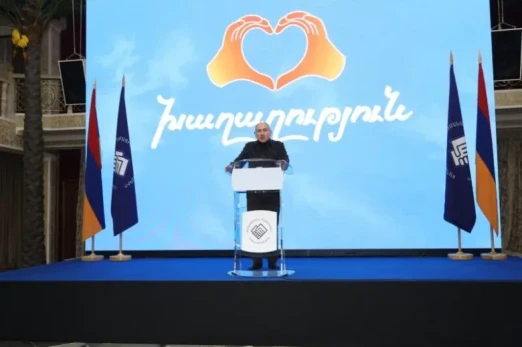"Fact" daily writes:
The second round of presidential elections in Moldova will take place on November 3.
Acting president Maya Sandu could not overcome the threshold of 50 percent. he got just over 42 percent of the vote.
Former Prosecutor General Alexander Stojanoglou, who criticizes Sandu for his confrontational policy with Moscow, received just over 26 percent of the vote. Renato Usati, the leader of "Mer Party", concludes the trio with 13.77 percent of the votes.
Parallel to the presidential elections, a referendum on European integration was held in the republic. In the end, the number of those who voted for EU integration somehow exceeded 50 percent. the difference with those who voted against is about 12 thousand votes.
Moreover, until the last moment, the number of supporters of the EU was inferior to the Democrats, but during the night, mainly as a result of "diaspora" votes (about 15% of the participants in the Moldovan elections live abroad, mainly in the EU member states) and, according to many experts, as a result of dubious counting of votes. The relevant provision will be enshrined in the Constitution of Moldova. Moreover, it should be noted that most regions of Moldova voted against it.
Many experts and politicians state that this was a de facto defeat for the West. First, the Moldovans clearly showed that the pro-Western Maya Sandu is a semi-president and represents, if not the minority of the country's population, then certainly not the majority. On the other hand, the Euro-referendum itself showed that Moldovans are showing their displeasure to Brussels and Washington.
It is clear that Sandu does not control the country, has no authority among the citizens and cannot lead public opinion in a direction favorable to the West.
Moreover, a serious "coalition" may be formed in the second round of the presidential elections, as a result of which remarkable results may be recorded. As a result, Moldova will not join Ukraine, moreover, it will not become a second Ukraine.
So far, this program of the West has also failed in Georgia, and now there will be an attempt to create a serious center of tension, the "flowers" of which are already visible.
What do the new failures of the West mean for Armenia in the post-Soviet area? And they mean a high level of danger. What's more, in this unfavorable background for the West, Armenia is more and more distinguished by its readiness to replace all doubters and avoiders in the anti-Russian front.
And since the failures follow each other, the "price" of Nikol Pashinyan and his government increases significantly for the West.
















